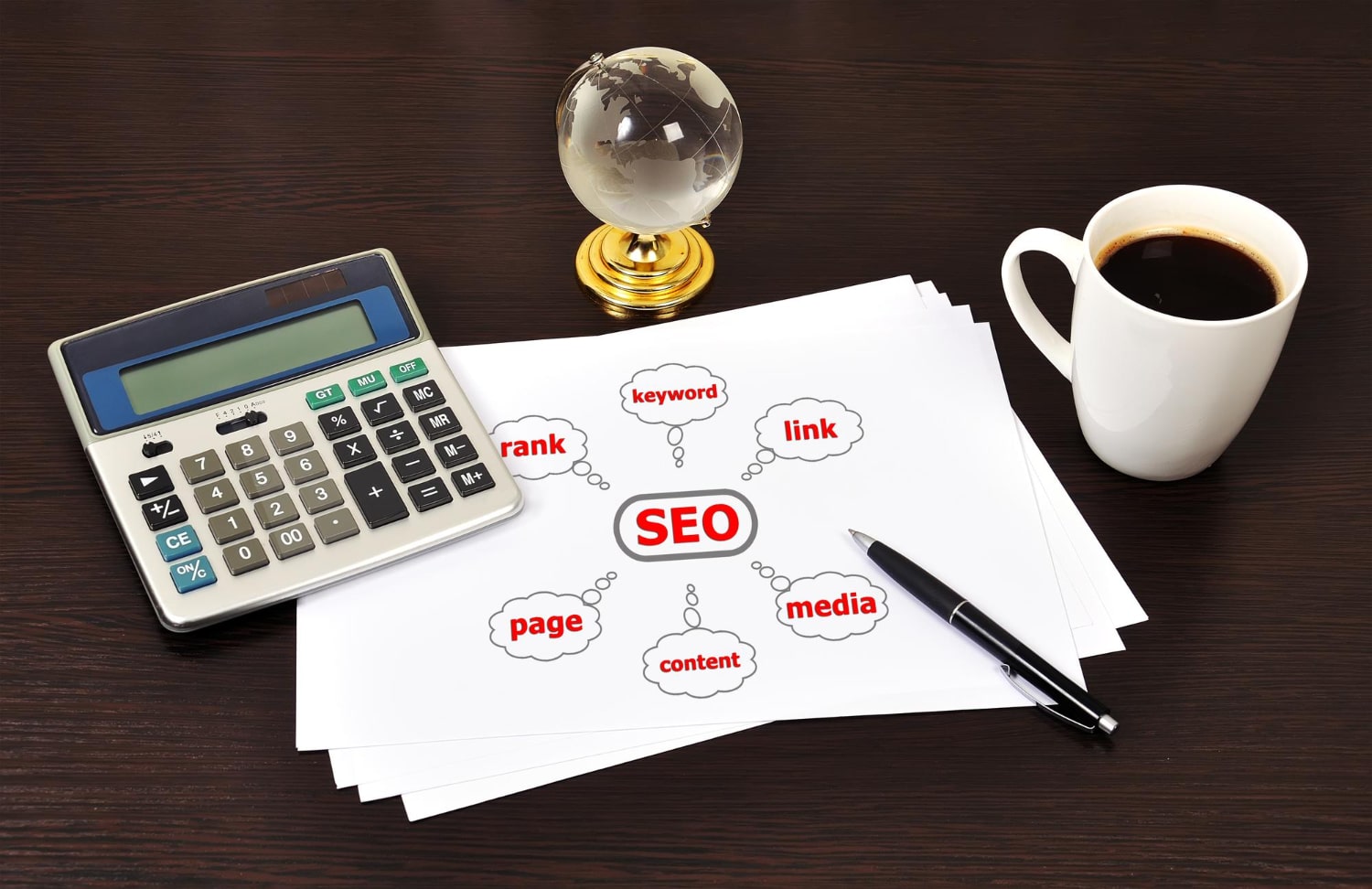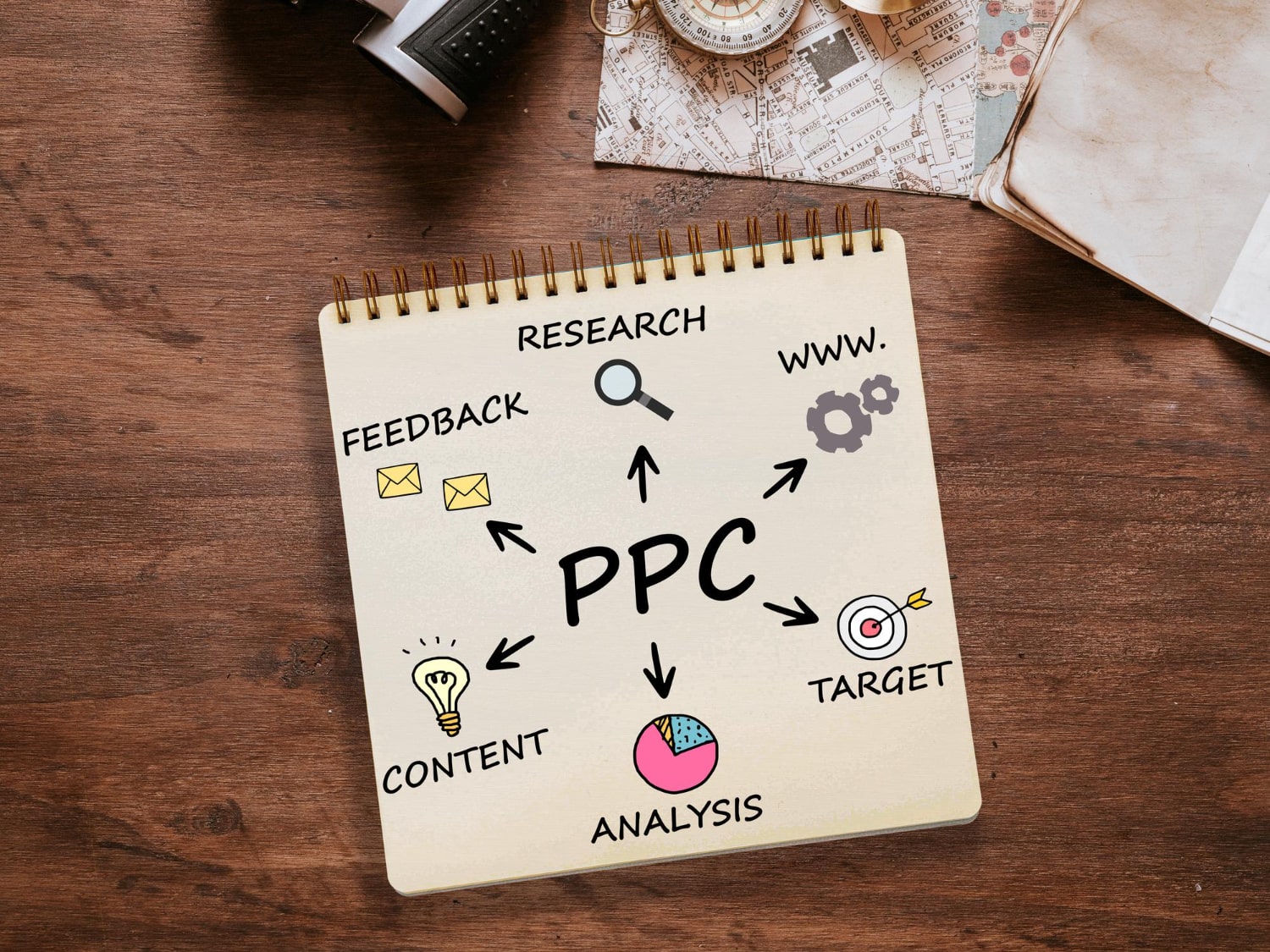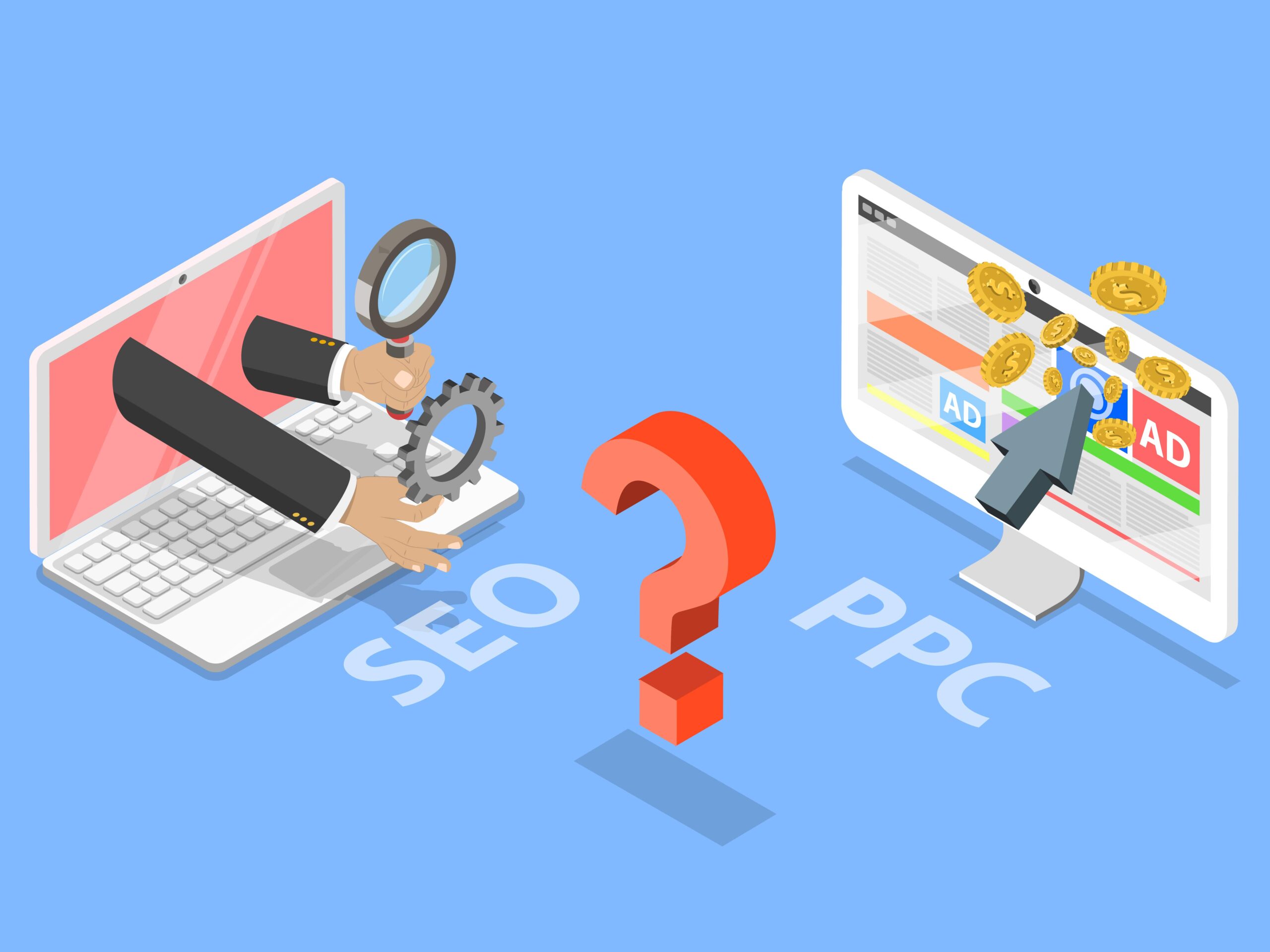Businesses have several choices for online product and service promotion in today’s digital world. Pay-per-click (PPC) advertising and search engine optimisation (SEO) are two well-known strategies that can increase website traffic and visibility. To decide which marketing strategy is best for your company, it is important to weigh the advantages and disadvantages of SEO and PPC. This post will compare SEO and PPC, examine how they will affect your company, and assist you in making a well-informed choice depending on your objectives and available funds.
How To Know SEO Vs. PPC: Which One Is Right
When deciding between SEO and PPC, it’s important to understand your business goals and resources. SEO focuses on organic search results and offers long-term benefits, including increased visibility and credibility. It requires ongoing efforts and patience to see results. On the other hand, PPC provides immediate visibility through paid ads, allowing precise targeting and control. It’s ideal for businesses seeking quick results or time-sensitive promotions. Assess your goals, budget, and timeline to determine which approach aligns best with your business objectives.
Comparison of PPC and SEO
Let’s first define SEO and PPC before getting into the specifics.
The process of optimizing your website’s content, architecture, and design for search engine results pages (SERPs) for particular keywords is known as search engine optimization (SEO). This calls for a variety of tactics, including link-building, on-page optimization, and keyword research. By improving your website’s search engine rankings, SEO primarily aims to increase organic traffic to your website.
PPC, on the other hand, is a type of internet marketing in which you get charged every time a user clicks on your advertisement. These adverts might appear in search engine results pages, social media platforms, or on other websites. By placing bids on keywords associated with your goods or services, PPC primarily aims to increase targeted traffic to your website.

Pros and Cons of SEO and PPC
Long-term visibility, authority, and cost-efficiency are just a few advantages that SEO delivers. You may improve the organic ranks of your website and draw in niche organic visitors by putting good SEO methods into practice. Additionally, it enable you to develop a credible online identity and win your audience over. The competition for top ranks can be intense, and SEO takes time and consistent work to produce noticeable benefits.
But PPC allow you immediate visibility and management of your marketing initiatives. Its precise targeting options allow you to focus on specific demographics, geographic regions, and interests. You can utilize PPC smart data and analytics to evaluate the effectiveness of your adverts. The results are directly associated with your investment in PPC, but it can be expensive, particularly for highly competitive keywords.

The Impact of SEO and PPC on Your Business
Both SEO and PPC can have a significant impact on your business’s online presence, but they work in different ways. SEO is a long-term strategy that focuses on building your website’s authority and credibility, which can lead to higher rankings and increased organic traffic over time. PPC is a short-term strategy that can quickly drive targeted traffic to your website but requires ongoing investment to maintain its effectiveness.
SEO Benefits
- Cost-effective – Unlike PPC, where you pay for each click, SEO can generate a steady stream of organic traffic without ongoing costs.
- Long-lasting results – Once your website ranks high in search results, it can maintain its position for an extended period, providing a consistent source of traffic.
- Increased credibility – High search engine rankings are often perceived as a sign of trust and authority, which can help build your brand’s reputation.
- Higher click-through rates – Organic search results typically receive more clicks than paid ads, as users tend to trust them more.
PPC Advantages
- Results right away – PPC campaigns can be swiftly set up and begin bringing traffic to your website nearly right away.
- Targeted traffic – PPC enables you to focus on particular demographics, localities, and keywords to make sure that the correct people see your adverts.
- Simple to measure – PPC enables you to track clicks, conversions, and other metrics to optimize campaigns and increase ROI.
- Budget control – You can establish a daily or monthly budget for your PPC ads to make sure you never spend more than you can afford.
SEO Strategies and Benefits
Implementing effective SEO strategies is essential for improving your organic search rankings. These strategies include keyword research, optimizing on-page elements (such as meta tags and headings), creating high-quality content, and building authoritative backlinks. The benefits of SEO include long-term visibility, increased organic traffic, improved brand credibility, and a higher return on investment (ROI) over time.
Organic Search vs Paid Advertising
To naturally improve your website’s position in search engine results, you must engage in organic search. It focuses on attracting organic traffic through improved visibility. Paid advertising, on the other hand, involves running paid campaigns to display ads on search engines or other platforms. It offers immediate visibility but requires a budget allocation for each click or impression.
PPC Campaigns and Advantages
PPC campaigns require careful planning and execution. It involves keyword research, creating compelling ad copy, setting up targeting parameters, and monitoring campaign performance. The advantages of PPC include immediate visibility, precise targeting, control over budget and ad placements, and the ability to measure and optimize campaigns for better results.

SEO ROI and PPC Budgeting
Given that it takes time to see noticeable benefits, calculating the ROI of SEO efforts can be difficult. Tracking metrics like keyword ranks, conversion rates, and organic traffic growth can, nevertheless, be used to evaluate the success of your SEO initiatives. PPC budgeting, on the other hand, entails defining a budget for your campaigns, keeping track of important metrics like click-through rates (CTRs), conversion rates, and cost-per-click (CPC), and modifying your budget allocation to optimise outcomes and maximise ROI.
SEO Rankings and PPC Targeting
SEO aims to raise your website’s placement in natural search results. You can increase your website’s exposure, draw in organic visitors, and outrank rivals by putting smart SEO methods into practice. On the other side, PPC targeting enables you to show advertising to particular audiences based on demographics, geography, and interests. It guarantees that your advertisements are seen by the appropriate audience at the appropriate moment, increasing conversion rates.
SEO Versus PPC: Which Marketing Method Suits Your Business Goals?
Your business’s objectives, money, and timeframe will determine which marketing strategy to choose. SEO is a long-term investment that provides sustainable results over time. It requires patience, ongoing efforts, and a focus on quality content and user experience. PPC, on the other hand, offers immediate visibility and control, making it suitable for businesses looking for quick results or with time-sensitive promotions.
Finally, both SEO and PPC offer advantages and things to keep in mind. Prioritizing a method requires careful consideration of your business’s objectives, available resources, and timeframe. In some circumstances, a mix of SEO and PPC can produce the best outcomes. You may increase your online exposure, draw in targeted traffic, and accomplish your business goals by putting efficient SEO methods into practice and effectively utilizing PPC ads.







